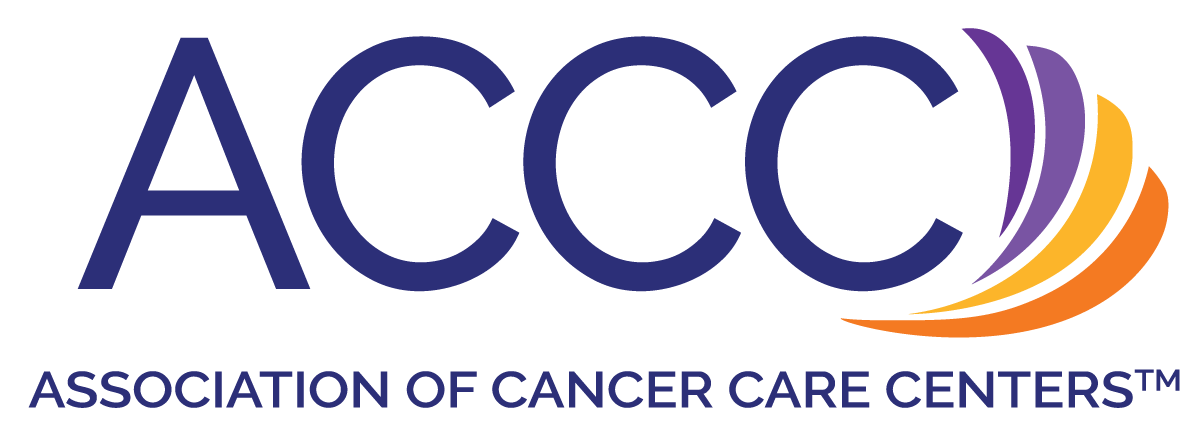
How AI Is Revolutionizing Oncology in Diagnosis, Treatment, and Research

In this episode of Targeted Talks, Douglas Flora, MD, LSSBB, FACCC, discusses the transformative impact of artificial intelligence in oncology.
In this episode of Targeted Talks, Douglas Flora, MD, LSSBB, FACCC, executive medical director of oncology services at St. Elizabeth Healthcare, discusses the transformative impact of artificial intelligence (AI) in oncology.
AI has proven to have a role in diagnostics, including in improving patient outcomes, and enhancing precision medicine. Currently, AI is being used extensively in diagnostics, particularly in pattern recognition tools like CT imaging, mammography, and MRI.
“Diagnostics are where it is right now. These are incredible tools for pattern recognition, and so it is no surprise that the high majority of the FDA-approved devices and tools in the last couple years have been through radiology,” explains Flora.
Moreover, AI aids clinicians in making more informed decisions by identifying gaps in care, potential drug interactions, and missed diagnoses.
“Things like CT imaging, overreads, mammography, MRI, pathology with digital, pixelated slides, and those sorts of things have already hit the market in a number of modalities and are proving, almost across the board, to be more effective or additionally effective when combined with good, careful physician experience,” Flora says.
While AI offers great potential, challenges such as access, bias in data, and ethical concerns must be addressed, Flora adds. Ensuring these tools are trained on diverse populations and have been validated in peer-reviewed studies is crucial to their responsible deployment.
As AI continues to evolve, its integration into clinical decision-making and cancer research promises to revolutionize patient care and outcomes in oncology.
“I would say that AI is the next generation of oncology health, which is saying we have to be the best at getting better for our patients. We cannot be comfortable where we are today,” Flora shares. “Things are getting better rapidly, and these tools are here to augment your ability to do the right thing for your patient every time.”








































